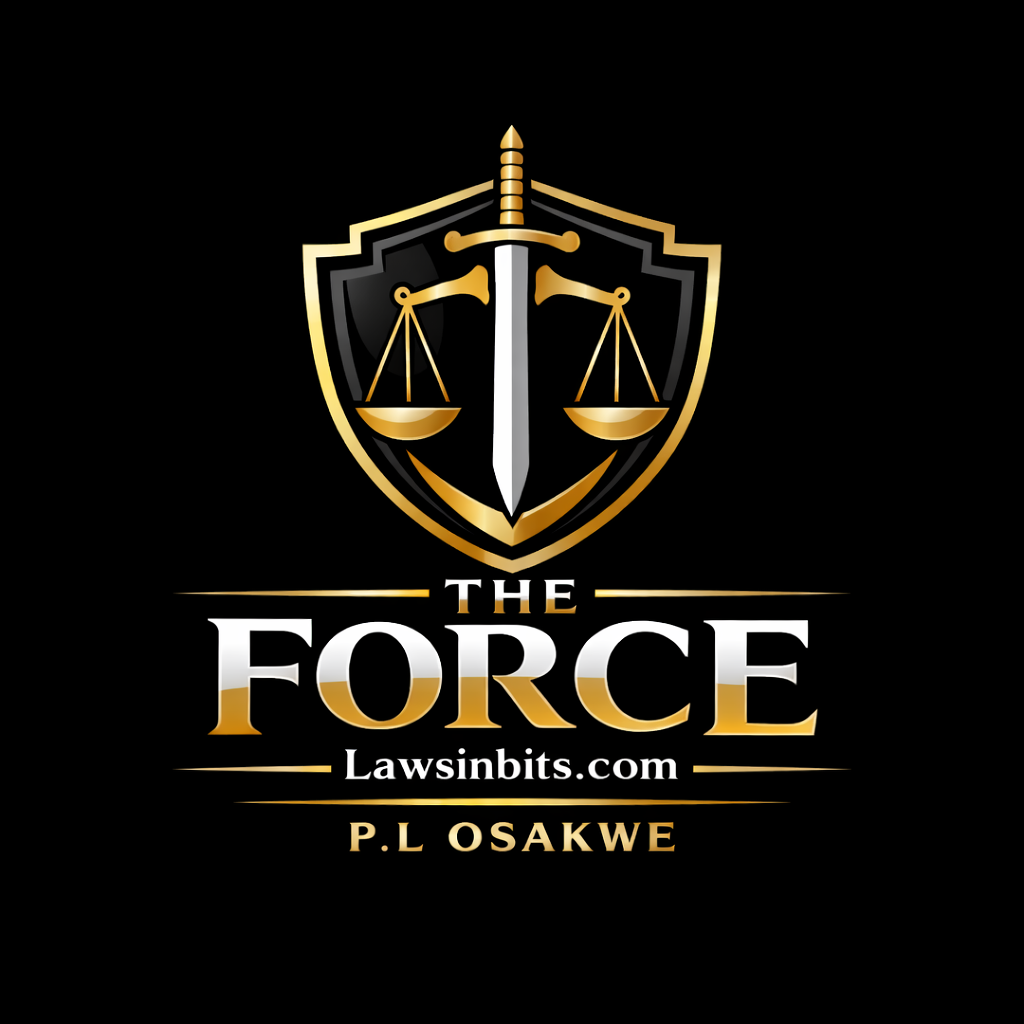By P.L. Osakwe
■ Introduction
One of the most guarded principles in appellate jurisprudence is that an appellate court will rarely interfere with the findings of fact of a trial court. The trial judge, having seen and heard the witnesses directly, is considered best placed to evaluate credibility, demeanor, and weight of testimony. However, the decision in Ekpos v. State (2003) FWLR (Pt. 166) 670 provides a clear framework for identifying circumstances where such deference may be overridden.
This article examines the principles laid down in Ekpos v. State, the circumstances that warrant appellate interference, and the standard for determining whether an error at trial is sufficient to upset a judgment.
■ The General Rule of Non-Interference
The starting point in appellate review is respect for the trial court’s advantage in fact-finding. As stated in Ojukwu v. Obasanjo (2004) FWLR (Pt. 222) 1666, appellate courts do not readily substitute their own views unless it is shown that the trial court fell into error in evaluating facts or misapplied the law to properly established facts.
In Ekpos v. State, the Supreme Court reaffirmed this position but carved out well-defined exceptions.
■ Exceptions to the Rule
At page 679, paragraphs B–E, the court held that an appellate court will interfere with findings of fact in the following situations:
1. No Finding on a Relevant or Material Issue.
When a trial court fails to make findings on a material point in dispute, it leaves a gap in the decision-making process. Such an omission may render the judgment incomplete or unreliable.
2. Finding Unsupported by Evidence.
Where there is no evidence to support a particular finding complained of, appellate intervention is justified. Courts of law decide on evidence, not speculation or conjecture.
3. Finding Based on Improper Exercise of Judicial Discretion.
If a finding is perverse, meaning it defies logic, is unreasonable, or is not the result of the proper exercise of judicial discretion to believe or disbelieve witnesses, the appellate court may set it aside.
4. Error in Inference or Deduction from Accepted Facts.
Where the issue is not the evaluation of evidence per se, but the correct inference or deduction to be drawn from already accepted facts, the appellate court may substitute its own conclusions.
5. Misapprehension of Legal Presumptions or Burden of Proof
A finding based on a wrong understanding of presumptions in law, or an error as to where the burden of proof lies, will invite appellate correction.
■ When an Error Becomes Fatal
At page 683, paragraphs D–E, the court clarified that not all errors at trial will justify overturning a judgment. For an error to be fatal, it must:
♤ Affect the judgment in a way crucial to the party complaining; and
♤ Have a substantial influence on the outcome of the case.
In other words, appellate courts are not in the business of correcting harmless mistakes. They will only intervene where the error has occasioned a miscarriage of justice.
■ Implications for Legal Practice
The Ekpos principles have important implications:
For Trial Lawyers: It is essential to ensure that all material issues are properly canvassed and supported by credible evidence, so the trial court makes explicit findings on them.
For Appellate Lawyers: Grounds of appeal must clearly fit into one or more of the exceptions. It is not enough to disagree with a finding, one must show that it falls within the scope outlined in Ekpos.
For Judges: The case reinforces the duty of trial judges to give reasons for findings, address all material issues, and correctly apply the law on burdens and presumptions.
■ Conclusion
The decision in Ekpos v. State strikes a delicate balance between respecting the trial court’s primary role in fact-finding and safeguarding justice through appellate oversight. It reminds us that appellate intervention is not an invitation to re-try cases but a necessary check against fundamental errors that go to the root of the decision.
In essence, the appellate court is a guardian, not a second jury, stepping in only when justice demands correction.



